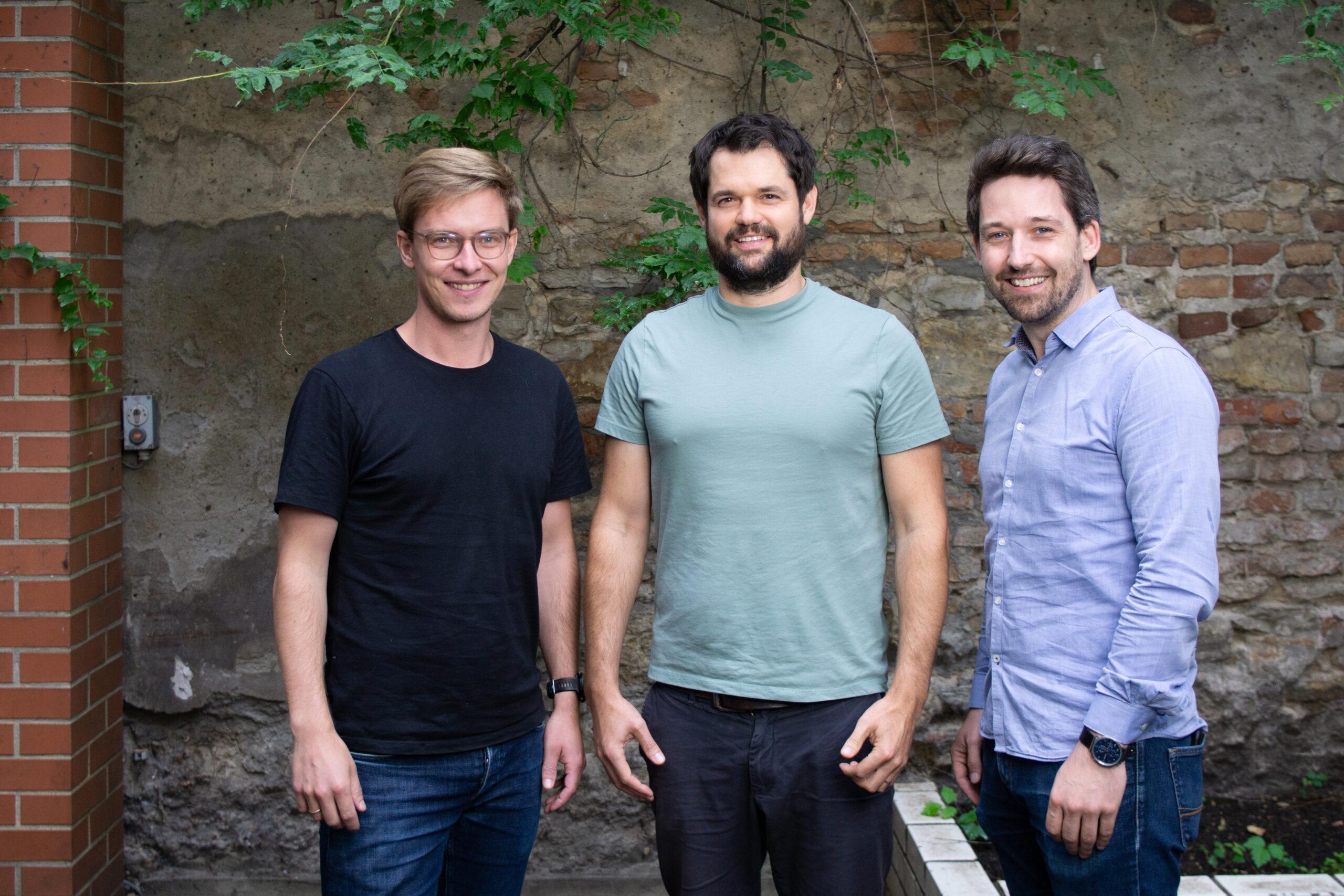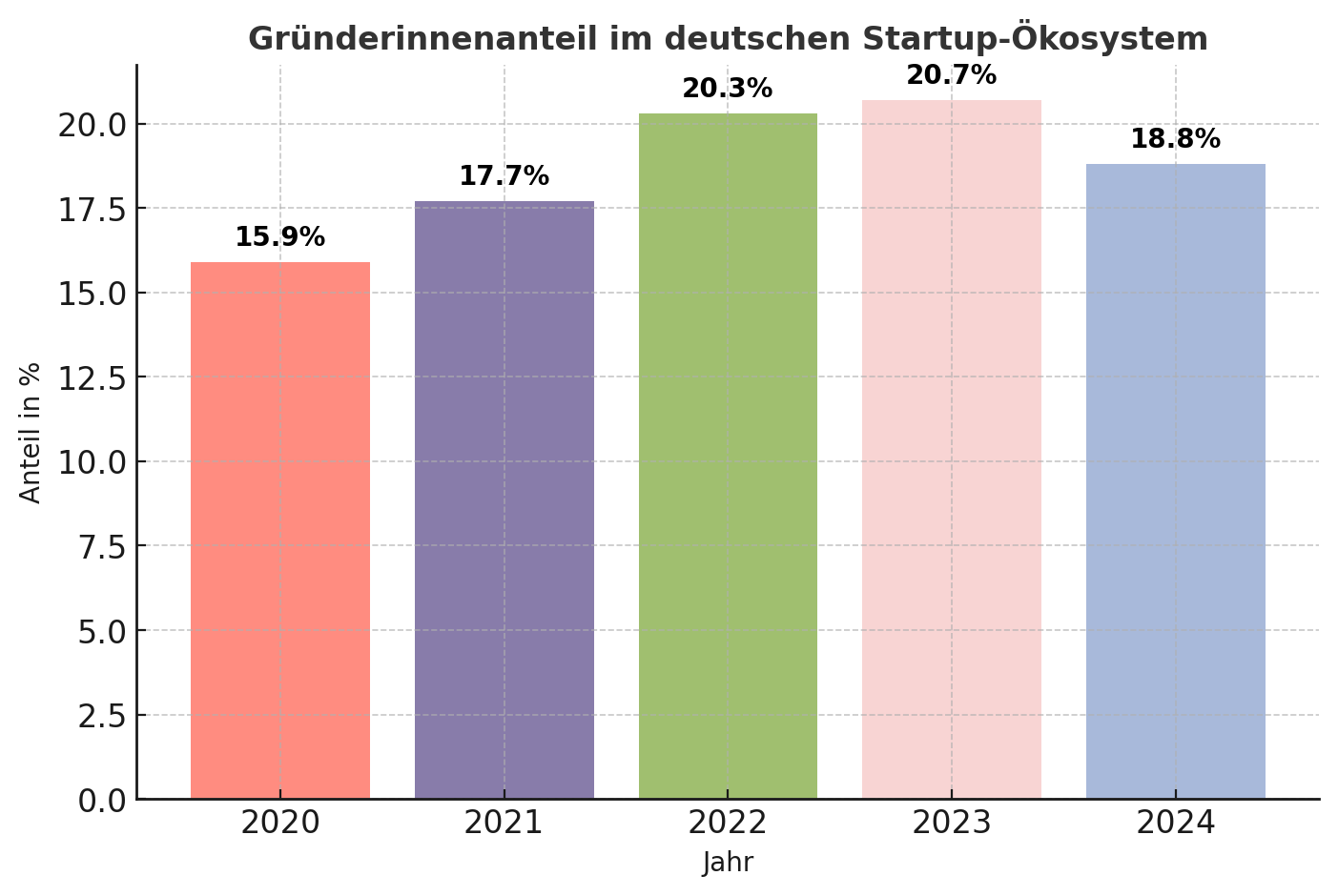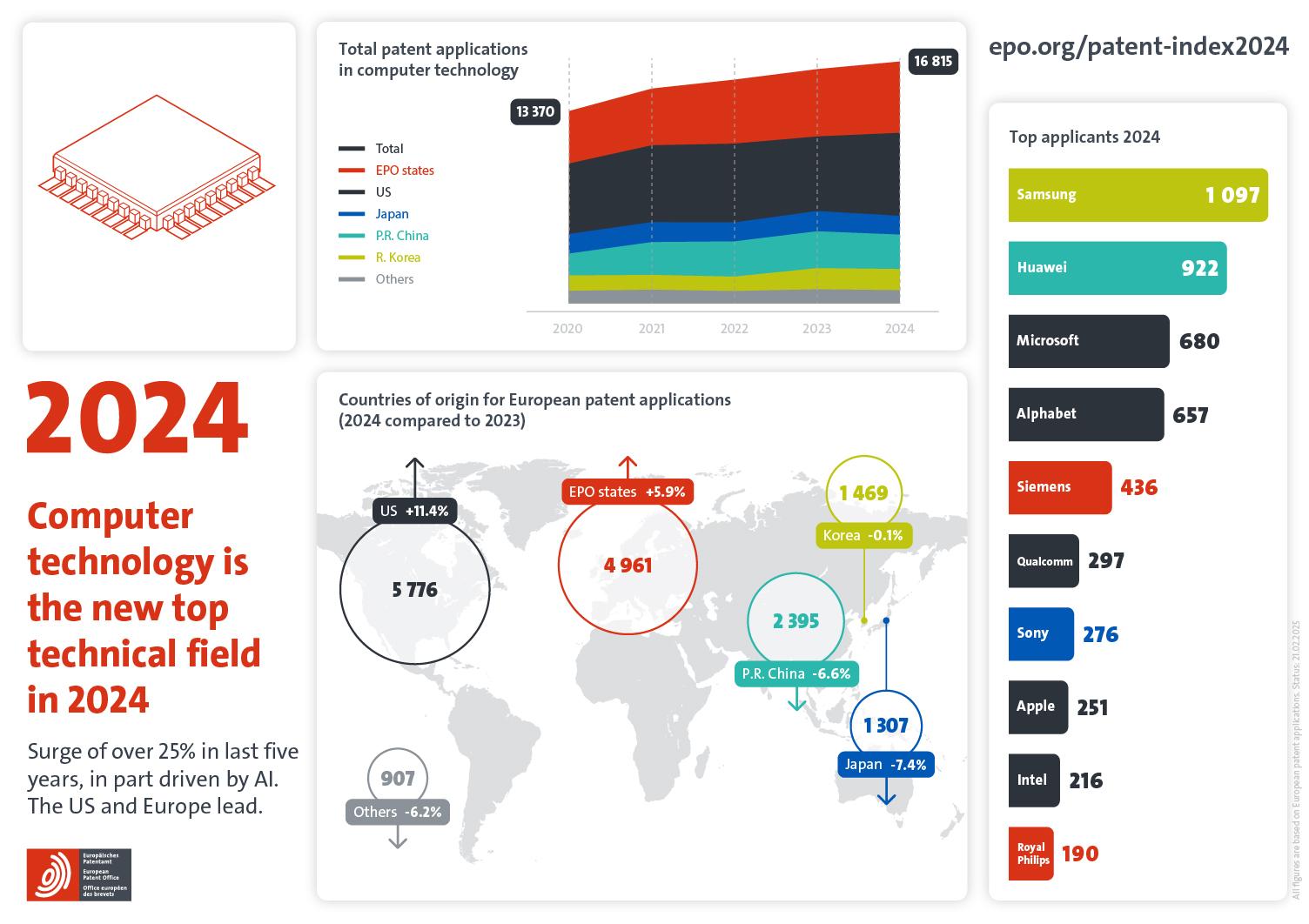The largest customer: Germany

Cooperation with authorities and public administration could be a huge opportunity for start-ups. But so far, only a few founders have dared to enter the complicated jungle of public procurement regulations. Why this is changing.
Start-ups often have a very narrow view of the topic of consumption. The most prominent companies on the scene define themselves as B2C companies (business-to-consumer) or B2B companies (business-to-business). What hardly exists so far: B2G (business-to-government). This is actually abstruse in view of the fact that the government ratio in Germany was over 51% in 2021. In simple terms, this economic indicator means that : The state is responsible for a good half of GDP in Germany. So there would be enough money for start-ups to tap into.
For a long time, projects with the state were spurned, but now more and more start-ups are recognizing the potential and are actively approaching public authorities, and venture capitalists suddenly see opportunities in the field. Is a completely new billion-dollar market emerging here?
The Govtech Map, a mini-study conducted by Manuel Killian, founder and CEO of govtech consultancy Govmind, together with Oliver Schoppe, investor at B2B venture capitalist UVC Partners, shows that there are now hundreds of start-ups in the govtech sector. The mini-study includes companies that are explicitly aimed at the public sector, such as the Komuno platform, which supports local authorities with financing, or Polyteia, which offers software for demographic data analysis. However, Kilian and Schoppe also include e-scooter providers such as Voi and Tier or tutoring portals such as Gostudent on their map. "Govtech is less a separate industry than a way of looking at your own product," explains Schoppe. The boundaries between the B2B and B2G markets in particular are becoming blurred; the requirements of public authorities on the one hand and large companies such as Siemens or Deutsche Bahn on the other are very similar.
VCs are slowly taking notice
This is probably one of the reasons why more and more companies are daring to take the difficult path with the state. After all, dealing with the authorities brings its own difficulties that companies have to deal with, as Manuel Kilian explains. "Processes in public administration are sometimes very complex, many stakeholders are involved before anything is implemented," he says. The strict public procurement law, which is used to put government contracts out to tender, is of course justified - after all, it's always about taxpayers' money. "But in detail, the content of public tenders is sometimes designed in such a way that they de facto exclude start-ups," he complains.
Just some of the problems: a minimum turnover is often expected from service providers or a certain number of completed projects. Criteria that young companies find difficult to meet. "In addition, the administration often lacks the resources, experience and sometimes also the will to first consider the best way to solve a problem instead of resorting directly to traditional products," adds Kilian. The often more flexible approach of start-ups does not fit in with the demands of the state.
For a long time, VCs also tended to take a critical view of a focus on the state as a customer. "The public administration business is very regionalized," explains Schoppe: "The challenge of quickly building a European or even global solution is much greater." Accordingly, scaling is also difficult, which is usually the most important point for many venture capitalists. It helps if companies have the state as an important customer, but not the only one. Schoppe refers, for example, to the high-security messenger Wire, which counts companies among its customers, as well as five of the G7 governments. According to Die Zeit, the messenger was even the instrument of choice in the coalition negotiations between the SPD, Greens and FDP last year. "In such a case, cooperation with the state is also good PR, it lends credibility," he says.
How an AI start-up wants to clear the jungle of authorities
One company whose product can easily be of interest to both the state and the private sector is Aleph Alpha. The Heidelberg-based company offers AI programs that can analyze data records and texts and extract information from them. Aleph Alpha manager Lorenz Lehmhaus explains that this is interesting for the state in various areas. "For example, we can revolutionize chat systems for inquiries at citizens' offices," he says. Previous chatbots were often overwhelmed by the complexity of such inquiries. The question of whether a dog should always be kept on a lead depends on the place of residence, dog breed and various other factors. "We can map this complexity with our AI," says Lehmhaus confidently. He also sees many other application examples. For example, a pilot project with BWI, the IT system house of the German Armed Forces, has been successfully completed. "We worked with huge amounts of data on service regulations." Parliamentary inquiries could also be answered more quickly with the software.
At Aleph Alpha, they are also familiar with the difficulties of dealing with public processes. "You have to be a bit of a believer to do that," says Lehmhaus. "But it's worth it because, on the one hand, there is a huge need for new solutions and, on the other, there are many people there who are seriously committed to improving the lives of citizens." Manuel Kilian from Govmind also believes that various factors are contributing to Govtech playing a more important role. "Start-ups are much more mature today than they were a few years ago, so they are better able to manage large-scale projects with the administration." Especially when it comes to digitalization outside of IT processes and European digital sovereignty as a whole, the potential of GovTech is enormous. In Berlin, there is now the Govtech Campus, in which the Federal Ministry of the Interior is also involved.
And once it has entered the public sector, a kind of avalanche could start rolling. "Administrative employees who have good experiences with a solution will share this within the administration," believes Kilian. Gradually, a network would develop.

Newsletter
Startups, stories and stats from the German startup ecosystem straight to your inbox. Subscribe with 2 clicks. Noice.
LinkedIn ConnectFYI: English edition available
Hello my friend, have you been stranded on the German edition of Startbase? At least your browser tells us, that you do not speak German - so maybe you would like to switch to the English edition instead?
FYI: Deutsche Edition verfügbar
Hallo mein Freund, du befindest dich auf der Englischen Edition der Startbase und laut deinem Browser sprichst du eigentlich auch Deutsch. Magst du die Sprache wechseln?





























